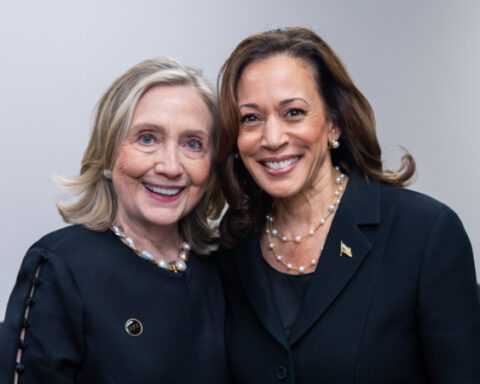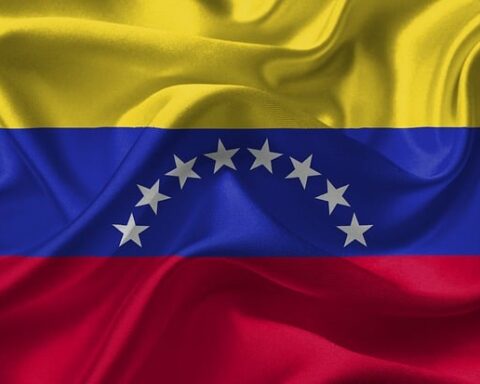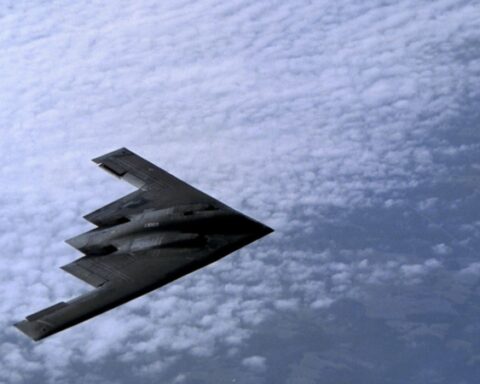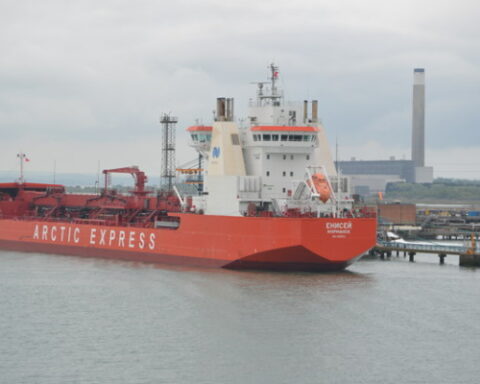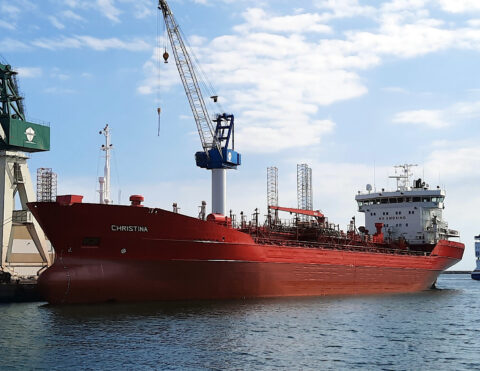The United States is now reportedly treating two survivors of a strike on a suspected drug vessel in the Caribbean, the latest in a series of increasingly aggressive operations ordered by President Donald Trump to dismantle narcotics networks in the region.
Two officials familiar with the matter said the survivors were rescued by the Coast Guard and brought to the USS Iwo Jima, which has a full medical team. Others aboard the submersible died in the attack.
Thursday’s operation marked the sixth known U.S. strike against a suspected drug vessel in the Caribbean this year, a campaign that has already claimed at least 27 lives. The strike occurred on the same day the Pentagon announced the early retirement of Adm. Alvin Holsey, the commander overseeing U.S. forces in the region.
The Pentagon referred all questions about the strike to the White House, which did not immediately respond to requests for comment. The Coast Guard also declined to issue a statement.
The strike is part of a wider campaign launched by the Trump administration to combat Latin American drug cartels that have long exploited maritime routes to smuggle narcotics into the United States.
The administration has paired its military pressure with expanded intelligence operations and public rewards targeting Venezuela’s leadership, which U.S. officials accuse of aiding cartel activity.
Trump told reporters this week that he had authorized the Central Intelligence Agency to take covert action in Venezuela and hinted that the military campaign could soon expand to land operations. “We have a lot of drugs coming in from Venezuela, and a lot of the Venezuelan drugs come in through the sea,” Trump said Wednesday. “So, you get to see that, but we’re going to stop them by land also.”
Since August, the United States has deployed a formidable array of forces to the region, including B-52 bombers, F-35B fighter jets, P-8 Poseidon reconnaissance aircraft, eight warships, and a special-operations vessel. The administration has described the buildup as the largest in decades and part of an effort to “restore deterrence” against transnational cartels and hostile regimes.
Most U.S.-bound cocaine continues to move through the Pacific before entering Mexico and Central America. But the Caribbean route—particularly through Venezuelan waters—has become a growing concern for American officials, who say the Maduro regime is complicit in trafficking operations.
The escalation has sparked resistance in Congress, where a bipartisan group of lawmakers has introduced a war-powers resolution to prevent unilateral military action in Venezuela. “The American people do not want to be dragged into endless war with Venezuela without public debate or a vote,” said Sen. Rand Paul, Republican of Kentucky, who co-sponsored the resolution with Democratic Sens. Tim Kaine of Virginia and Adam Schiff of California.
The Trump administration has labeled Nicolás Maduro an illegitimate ruler and accused him of leading a criminal enterprise.
The U.S. has offered a $50 million reward for information leading to his arrest. Maduro, in turn, has denounced the strikes as “U.S. aggression,” ordered new military exercises, and threatened to declare a state of emergency.
Trump’s strategy—combining force with accountability—signals a willingness to confront not only the cartels but the governments that shelter them.
For the administration, Thursday’s strike is another step in what officials describe as a necessary campaign to reclaim security in America’s southern waters and disrupt the illicit networks that have fueled instability for decades.
[READ MORE: Milei’s Peso Dilemma Tests His Free-Market Revolution and U.S. Backing]





